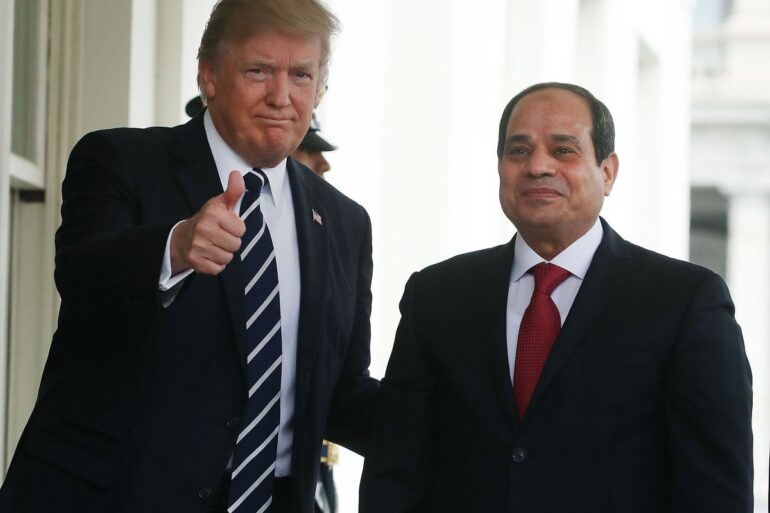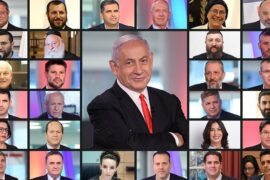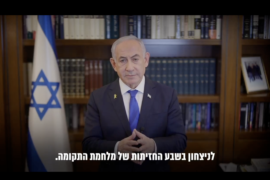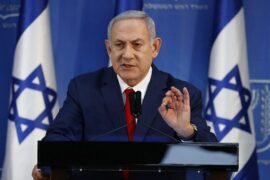Egypt’s President Abdel Fattah el-Sisi ratified a law on Saturday granting authorities the right to monitor social media users in the country, AFP reported.
The law, approved by Egypt’s parliament in July, provides the state’s Supreme Council for Media Regulations with the power to place people with more than 5,000 followers on social media or with a personal blog or website, under supervision.
The council will be authorized to suspend or block any personal account which “publishes or broadcasts fake news or anything (information) inciting violating the law, violence or hatred.”
The new law is one of a series of measures that curb freedom of expression online, with the internet being one of the last forums for public debate over el-Sisi’s American-backed regime.
In August, the president signed off on another piece of legislation allowing authorities to order the blocking of websites that “constitute a threat” to Egypt’s national security or economy.
Those who administer or visit such websites, intentionally or “in error without a valid reason,” can now face fines or even prison time.
Authorities insist that such measures are needed to help tackle instability and terrorism in the country. But el-Sisi’s government has been criticized for blocking critical voices in the media and scrubbing digital content. Nearly 500 websites have already been blocked since May 2017, according to the Cairo-based Association of Freedom of Thought and Expression.
Last year, Egypt blocked the website of one of its most prominent financial newspapers, Al-Boursa, over what authorities called support for terrorism and fake news.
Egypt also blocked access to a number of news websites including Al-Jazeera and Huffington Post Arabic.
Egypt has a longstanding feud with Qatari-owned Al-Jazeera, which it accuses of backing the outlawed Muslim Brotherhood.
Egyptian authorities have launched a crackdown on Muslim Brotherhood members and supporters since the 2013 ouster of former President Mohammed Morsi.





